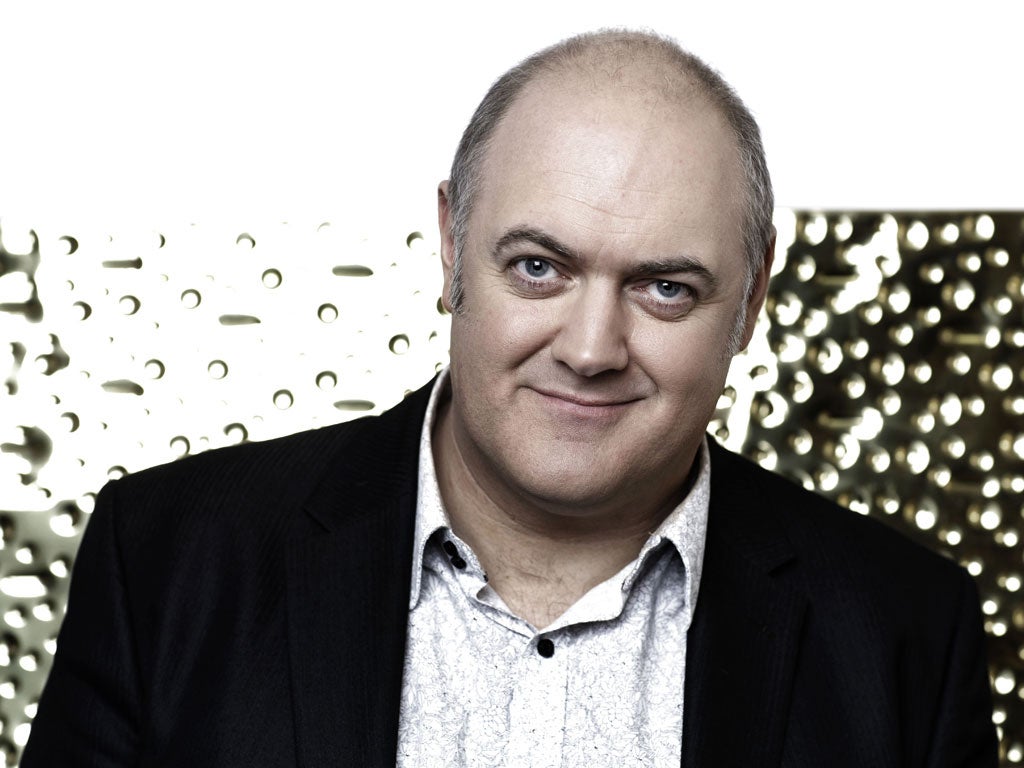If we want a society where free and open debate is possible, we need to fight for libel reform
The comedian and presenter says that despite vague promises of reform, the government is failing to protect those of us who believe in free speech

Your support helps us to tell the story
From reproductive rights to climate change to Big Tech, The Independent is on the ground when the story is developing. Whether it's investigating the financials of Elon Musk's pro-Trump PAC or producing our latest documentary, 'The A Word', which shines a light on the American women fighting for reproductive rights, we know how important it is to parse out the facts from the messaging.
At such a critical moment in US history, we need reporters on the ground. Your donation allows us to keep sending journalists to speak to both sides of the story.
The Independent is trusted by Americans across the entire political spectrum. And unlike many other quality news outlets, we choose not to lock Americans out of our reporting and analysis with paywalls. We believe quality journalism should be available to everyone, paid for by those who can afford it.
Your support makes all the difference.On Wednesday 17th October, I joined the Libel Reform Campaign to meet the Leader of the Opposition Ed Miliband, to impress upon him the need for a strong public interest defence in libel. He promised me he would work with government to tackle this.
I got involved in this campaign because scientists and science writers were being sued for contributing the very same evidential debates that we need them to have; Simon Singh writing on chiropractics’ claims to treat childhood illnesses, Ben Goldacre about vitamin tablets being promoted as a cure for Aids, the cardiologist Peter Wilmshurst discussing concerns about a heart device.
Poker
Defending a libel case is complex and time-consuming and extremely expensive. Winning a case can still cost three years of your life and £1.5 million (as in the science journal Nature’s recent case). These high costs have reduced the law to a high stakes game of poker which favours those who can force you to go all in.
The only “Public Interest” defence was known as the Reynolds defence and consists of a 10 point retrospective checklist more suited to print journalists (it came from the Albert Reynolds v Sunday Times libel trial). It is pretty much unworkable for scientific debate, consumer groups and in particular, those who publish on the internet. It simply doesn’t work for Mumsnet, to Which?, to patient groups and online forums: it doesn’t apply to the way public debates happen now.
At the general election two years ago, all three parties promised to reform the law, the first large scale reform since 1843 and the Government published a Defamation Bill earlier this year.
The Government promised its reforms would protect people like Simon, Ben and Peter. But nothing has changed.
The Open Society
The public interest provision in the Bill, rather than the proper reform the government promised, is just a codified version of the Reynolds defence. It is not a proper public interest defence. And for those of us who joined the campaign because of Simon, or Ben, or Peter the simple truth is, it wouldn't have changed anything for them. They would have faced the same hurdles and the same costs; the same temptation to simply settle and withdraw from the argument. Libel can still be used to chill public debate and as reputation management by huge corporations.
The Libel Reform Campaign’s calls are supported by science publishers including Nature and BMJ, by consumer groups including Citizens Advice and Which?, by human rights NGOs and by newspapers – by people across society who want to talk about evidence.
While the libel laws are complicated the issues aren’t: do we want a society where people don’t speak out, or one where free and open discussion is possible?
We have a once-in-a-generation opportunity to improve our libel laws; it is in all our interests that this is done right.
The Libel Reform Campaign is a coalition of three charities, Sense About Science, Index on Censorship and English PEN, with support from 60,000 individuals and more than 100 civic society organisations. www.libelreform.org
Join our commenting forum
Join thought-provoking conversations, follow other Independent readers and see their replies
Comments